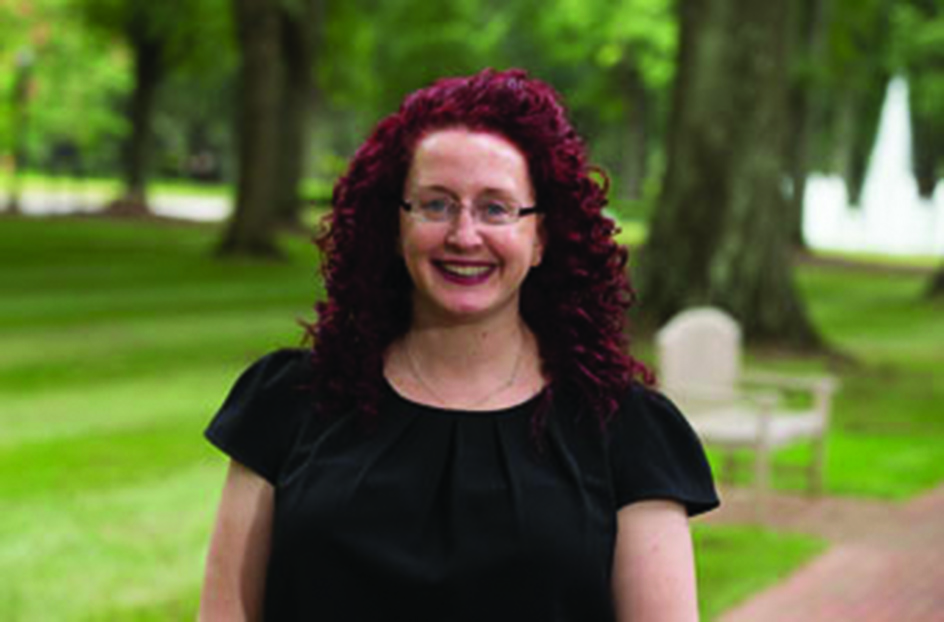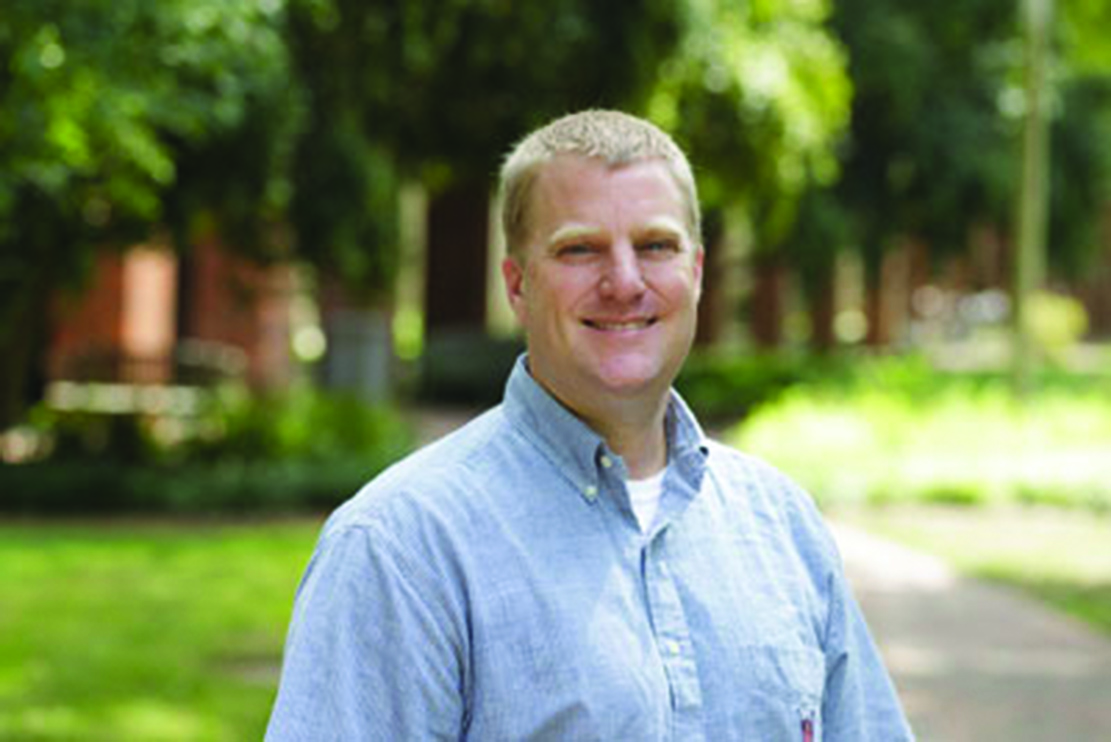


Furman prides itself on having faculty members who are not only excellent educators, but also top scholars in their chosen fields.
To achieve this goal, the Furman University Research and Professional Growth committee has established the Furman Standard Faculty Research Grants. This year, professors Brannon Andersen, Bryan Bibb and Carolyn Day, Ph.D.s, round out the 40 current and former Furman faculty members whose research has been financially supported by 29 donors through this program.
Though their research will be in completely unrelated fields, they all share the common goal of contributing to a wider body of knowledge.
Earth and environmental sciences professor Brannon Anderson, will be using the grant funds to study soil health in the Ravni Kotari region near Zadar, Croatia.
“This work is important because 1) wine production for export is an increasingly important part of the economy, and little is known about how production methods affect soil quality, and 2) climate change in the region may reduce soil organic content, and therefore soil fertility, which will stress the vines and reduce production,” Andersen wrote in an email.
In addition to working with experts across the country, Andersen hopes to include at least one Furman student in his research every summer.
Bibb, a religion professor, will also be doing some digging with his research grant, though in historical texts instead of soil. His grant will be used to write a commentary on the book of Numbers.
“In this volume, I will produce a new translation of Numbers, write textual notes about the Hebrew text and its translation, summarize and synthesize previous scholarly and theological analysis on Numbers and provide my own commentary interpretation of the the book,” Bibb wrote in an email. “This literary shaping has tremendous significance for the history and theological meaning of the book.”
Day, a history professor, will also explore the past with her research grant. Day will continue her studies on illnesses in 18th and 19th century Britain.
“My background is that I work on history of TB. I am very interested in all of my research about the lived experience of illness,” Day said. “Illness is that sort of universal experience that we today experience just as people did in the 18th century, or the year 300. It’s an inescapable part of life.”
These grants will allow all three professors to remain at the forefront of their fields, and will give them the ability to bring emerging and exciting ideas to their classes.
